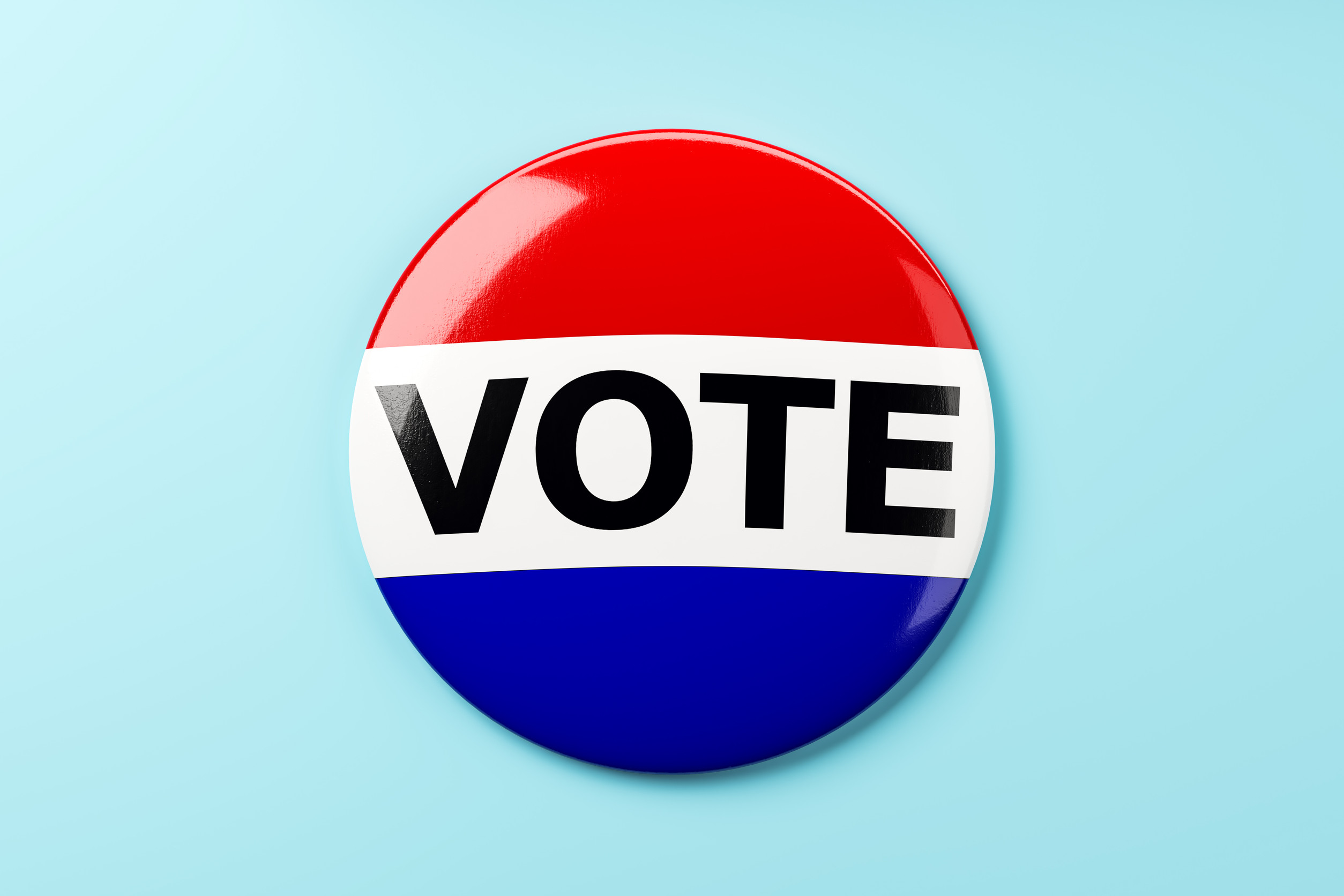Republicans cut taxes so they can ‘starve the beast’
Published 5:00 am Thursday, July 19, 2012
The May 7, 2010, edition of Forbes Magazine featured an article by Bruce Bartlett titled “Tax Cuts And ‘Starving The Beast,’” which described the origination of the “Starve the Beast Theory” (STB) that is the mainstay of Republican economic policy.
In that article Bartlett noted the July 14, 1978, testimony of Alan Greenspan before a hearing of the Senate Finance Committee regarding the Kemp-Roth tax bill, which would have cut all federal income tax rates by about one-third. Republican Alan Greenspan said to the committee, “Let us remember that the basic purpose of any tax cut program in today’s environment is to reduce the momentum of expenditure growth by restraining the amount of revenue available and trust that there is a political limit to deficit spending.”
Citing Greenspan’s testimony, conservative columnist George Will endorsed Kemp-Roth and the STB Theory in a column on July 27, 1978. “The focus of the fight to restrain government has shifted from limiting government spending to limiting government receipts,” he reported.
On Aug. 7, 1978, economist Milton Friedman, in Newsweek magazine, commented, “The only effective way to restrain government spending is by limiting government’s explicit tax revenue — just as a limited income is the only effective restraint on any individual’s or family’s spending.”
By 1981 the STB Theory was well-established Republican doctrine. The large 1981 tax cut enacted by Reagan did nothing to restrain overall federal spending. Federal outlays rose from 21.7 percent of GDP in 1980 to 23.5 percent in 1983, before falling back to 21.3 percent of GDP by the time Reagan left office.
The STB Theory is still a critical part of Republican dogma. On April 8, 2010, Rep. Michele Bachmann, R-Minn., told Sean Hannity that the Republican response to health care reform would be to “starve the beast” by refusing to fund it. On April 14, 2010, Sarah Palin asked her followers in Boston to “please starve the beast” by resisting any tax increase, no matter how large the budget deficit.
Now that the beast is officially starved to the point where even Republicans in Congress tremble at the thought of what their budget cuts might do to their favorite part of government — the military — we are forced to again watch a dangerous political dance in which the Republicans and their conservative allies threaten all of us with fiscal devastation. Even to the point of promoting doubt in our currency and the banking system.
In a world in which government gridlock is the desired outcome and the “Socialist Kenyan” in the White House can be sufficiently discredited and removed from the presidency, who gains when we discredit our government as a political objective?
Never mind the rush to government securities whenever Wall Street manipulates the system, or those little FDIC signs that we see every time we visit the bank, smug in the knowledge that our government has always insured our deposits. Even when our government is successful in some incredibly difficult endeavor, Fox News is quick to discredit it so as to reinforce its world view.
In the fabricated world of the conservatives, political victory is measured in lost public trust in the institutions of government, like the government agencies that they themselves control as elected officials. It is in the strategic fiscal sabotage of those same institutions that government can be truly made ineffective and conservative ideology vindicated.
When the political objective of any political party is merely to promote fear and doubt without regard to honest dialogue, we are left with only one important decision as Americans. Who do We the People cede our vote to? Government by the People or Government by the Powerful and Unelected — that is the question. In the end, a starved and mismanaged government serves no one.






